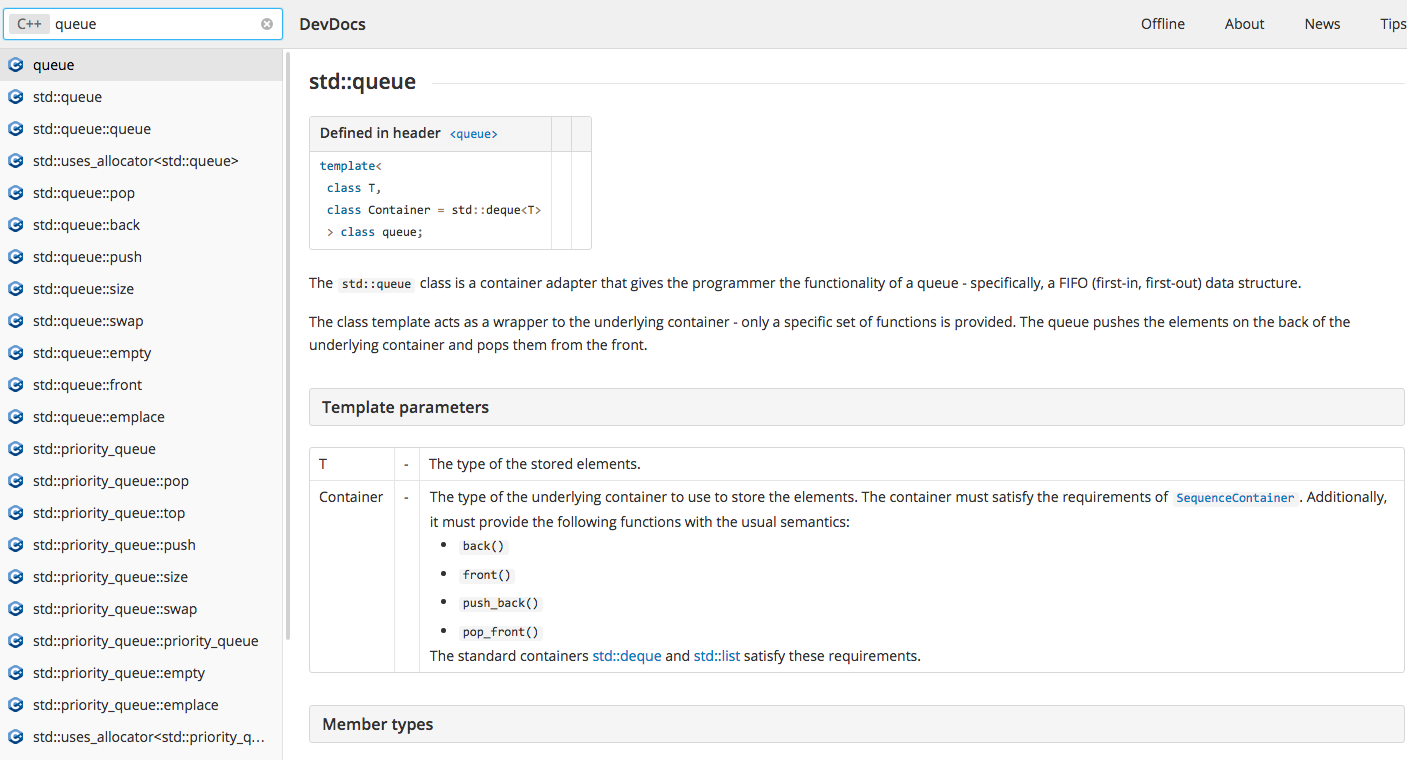Fun with stacks and queues
August 23, 2015
There are the 2 standard problems.
Implement a queue using stacks
class Queue {
private:
stack<int> s1, s2;
void move_stack_elements(stack<int>& from, stack<int>& to) {
while (!from.empty()) {
to.push(from.top());
from.pop();
}
}
public:
void push(int x) {
move_stack_elements(s1, s2);
s1.push(x);
move_stack_elements(s2, s1);
}
void pop(void) {
s1.pop();
}
int peek(void) {
return s1.top();
}
bool empty(void) {
return s1.empty();
}
};
Implement a stack with queues
class Stack {
queue<int> q1, q2;
void moveBetweenQueues(queue<int>& from, queue<int>& to) {
while (!from.empty()) {
to.push(from.front());
from.pop();
}
}
public:
void push(int x) {
moveBetweenQueues(q1, q2);
q1.push(x);
moveBetweenQueues(q2, q1);
}
void pop() {
q1.pop();
}
int top() {
return q1.front();
}
bool empty() {
return q1.empty();
}
};
The implementations are one mirroring the other. However, for the second problem we observe that we can ditch the second queue and just reverse the first one till our first element becomes the last.
class Stack {
queue<int> q1;
void reverseQueue() {
for (int i=0; i<q1.size() - 1; i++) {
q1.push(q1.front());
q1.pop();
}
}
public:
void push(int x) {
q1.push(x);
reverseQueue();
}
void pop() {
q1.pop();
}
int top() {
return q1.front();
}
bool empty() {
return q1.empty();
}
};
Also, keep in mind that the method for accessing an element from a stack is
top, and the one for the queue is front.
For documentation reference I usually use devdocs.io.
